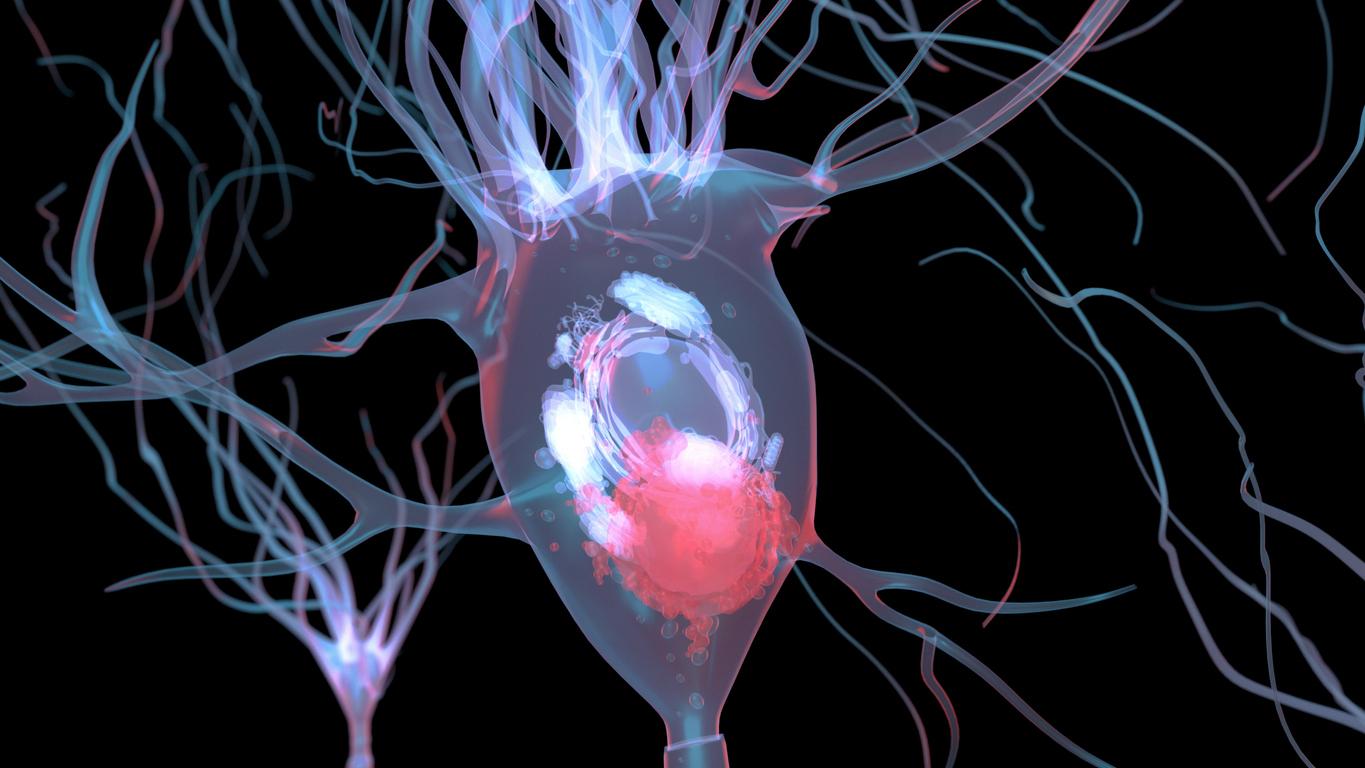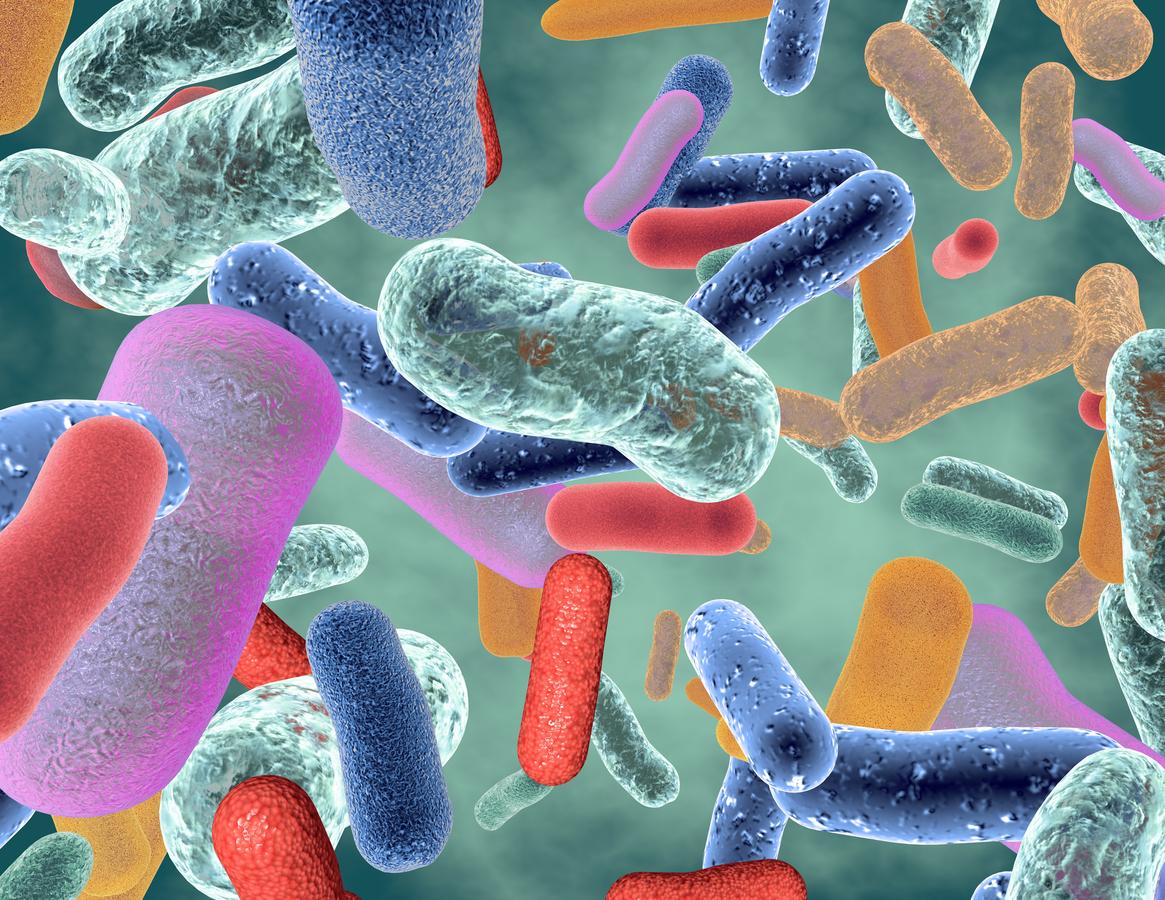Researchers at Nagoya University School of Medicine have identified 3 gut bacteria associated with Lewy body dementia.

- Lewy body dementia is the second most common neurodegenerative dementia.
- 3 intestinal bacteria would play a role in the development of the pathology.
- This discovery opens the way to better diagnosis and new treatments.
Dementia with Lewy bodies (LCD) is the second most common neurodegenerative dementia after Alzheimer’s disease. It is characterized by abnormal deposits of a protein called alpha-synuclein, which form inside brain cells. The pathology can be difficult to diagnose, as patients present with symptoms similar to those of Alzheimer’s and Parkinson’s diseases: confusion, memory loss, alterations in movement, visual hallucinations.
The causes of the development of this disease remain poorly understood. A team from the School of Medicine at the University of Nagoya (Japan) has made progress on this point. She identified three intestinal bacteria that would play a role in this pathology.
Dementia with Lewy bodies: the microbiota plays a role
Japanese researchers analyzed the microorganisms in the gut of patients with MCI, Parkinson’s disease and REM sleep behavior disorder. They found a link between three gut bacteria – called Collinsella, Ruminococcus and Bifidobacterium – and dementia.
In detail, the team found an increase in Ruminococcus and Collinsella as well as a decrease in Bifidobacterium. “It was different from patients with Parkinson’s disease, whose levels did not change. In the future, using this knowledge, doctors may be able to analyze the bacteria in the digestive tract of a person to distinguish DCL from Parkinson’s disease”believe the scientists in their communicated.
In addition, the levels of the bacteria couple Ruminococcus and Collinsella (involved in the movement regulation) were higher in people with MCI compared to those with Parkinson’s disease. This element could explain why DCL patients have later movement disorders compared to Parkinson’s patients.
“The presence of gut bacteria unique to DCL may explain why some patients develop Parkinson’s disease and others first develop dementia with Lewy bodies”explained Professor Kinji Ohno who participated in the work.
He adds : “If a patient with Parkinson’s disease develops dementia one year after the onset of motor symptoms, they are diagnosed with dementia with Lewy bodies. However, we cannot currently predict whether a patient with Parkinson’s disease Parkinson will become a DCL patient. The gut microbiome will help identify such patients.”
DLC and Parkinson’s: a pathway for new treatments
In addition to facilitating the diagnosis of neurodegenerative diseases, this discovery may also open the door to new treatments. “The administration of Ruminococcus and Collinsella pairs in patients with Parkinson’s disease should delay neuroinflammation of the substantia nigra”added Professor Ohno. “Therapeutic intervention to increase Bifidobacterium may delay the onset and progression of dementia with Lewy bodies and reduce cognitive dysfunction.”
“Normalization of abnormal bacteria shared between DCL and Parkinson’s disease may delay the development of both diseases. Improving the gut microbiota is a stepping stone in the treatment of dementia”concludes the expert.
















